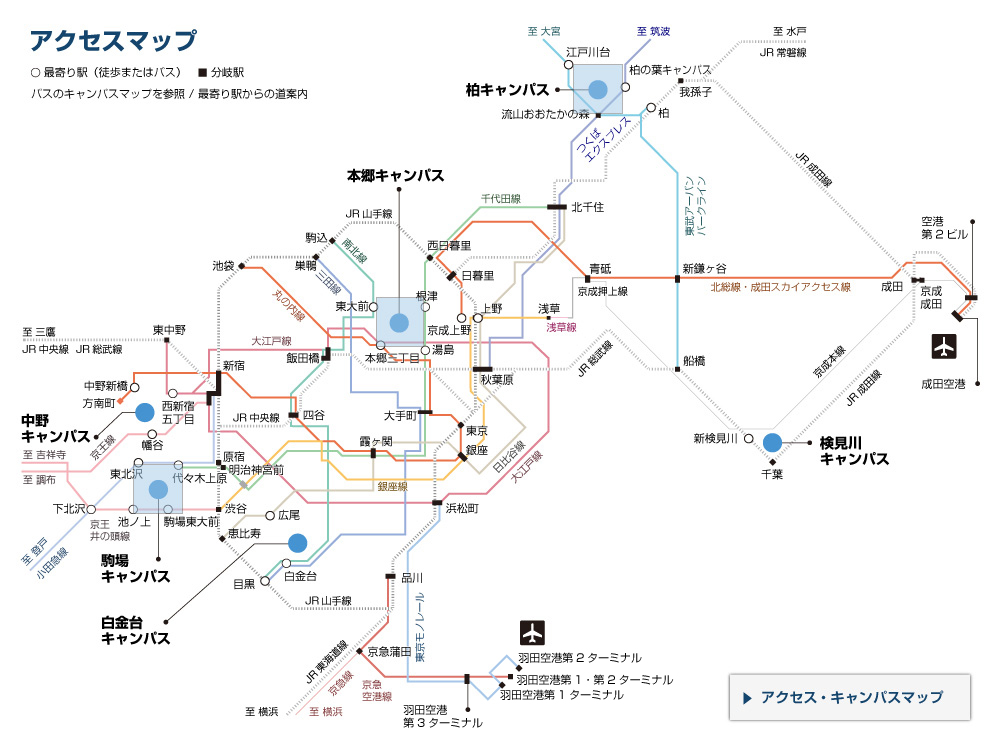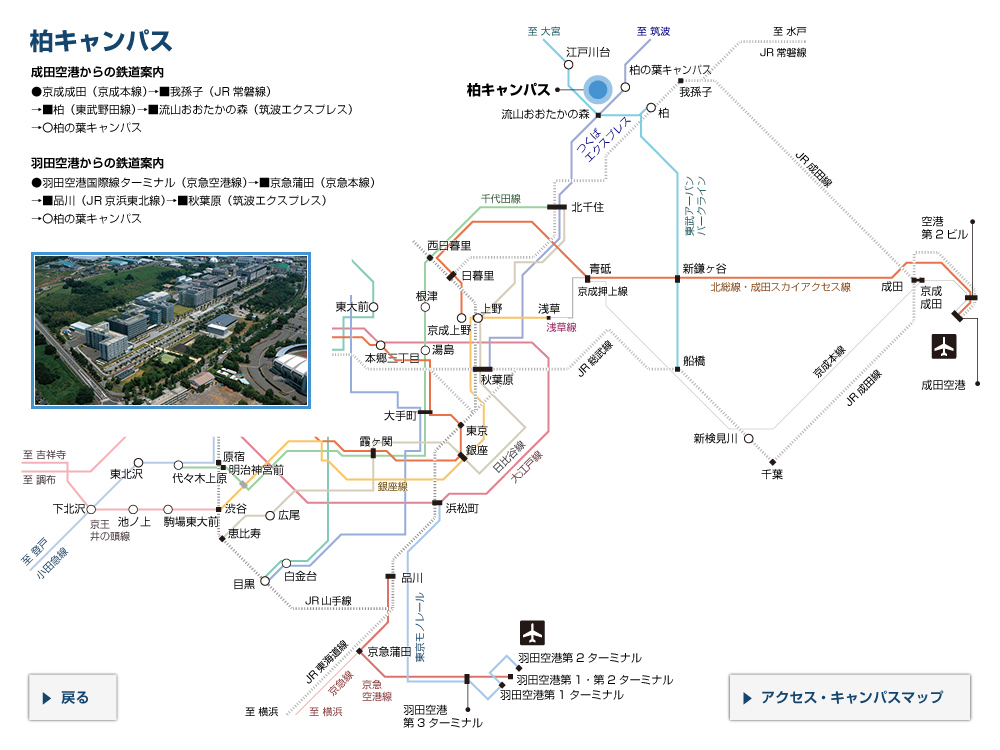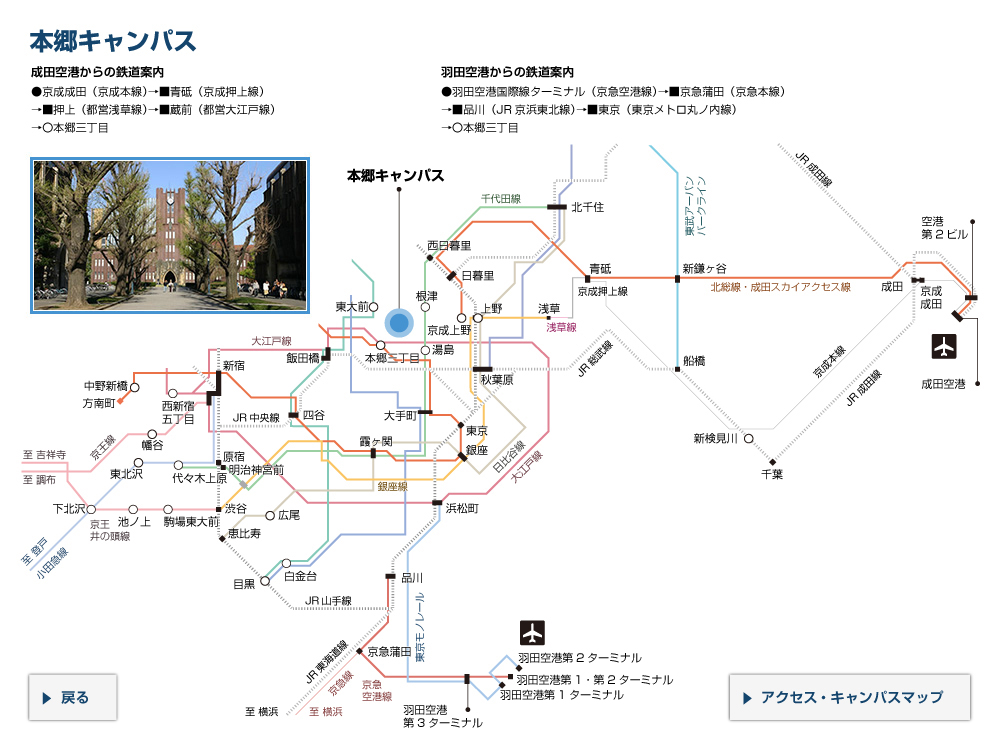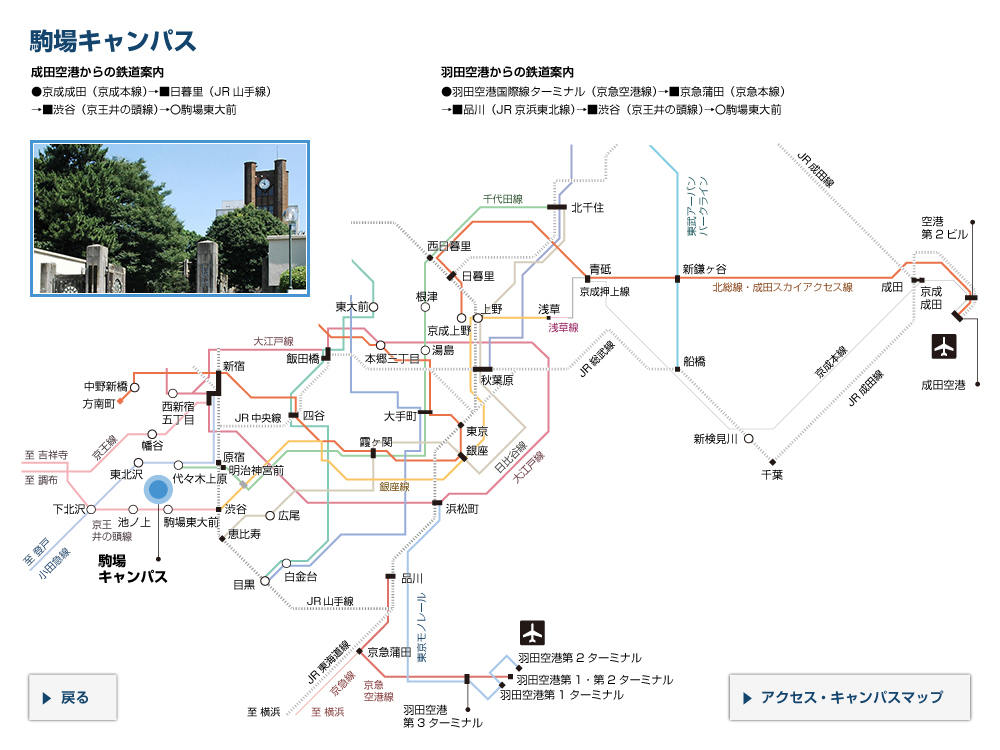平成27年度秋季入学式 総長式辞
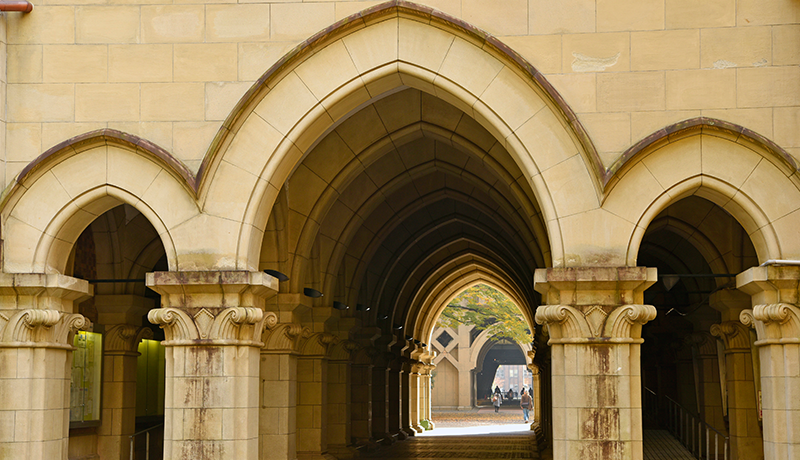

式辞・告辞集 平成27年度秋季入学式 総長式辞
Address of the President of the University of Tokyo
at the 2015 Autumn Matriculation Ceremony
Welcome to the University of Tokyo. On behalf of all the staff of the University, I would like to extend our sincere congratulations to you and your families.
The total number of students entering our graduate schools this autumn is 590. Of which, there are 301 in master's courses, 249 in doctor's courses, and 40 in professional degree courses. Besides, 30 students are enrolling in Programs in English at Komaba (PEAK) and 5 students are entering Global Science Course. All of you must be eager to take on new challenges in research and studies at the University of Tokyo. We will offer you opportunities to interact with other top universities and institutions around the world through programs such as the Top Global University Project and the Program for Leading Graduate Schools. I would like you to make best use of our outstanding academic environment to expand and realize your dreams. You will have the full support from all our staff at the University.
The fundamental principles of the University of Tokyo are to engage in education and research at the highest levels in the world, while pursuing universal truth and knowledge, and to contribute to humanity. These principles are set out in the University of Tokyo Charter. The pursuit of truth and knowledge driven by a freely inspired mind is an activity which only human beings can undertake. The results of research should be shared globally, create new value, and take humanity to the next stage.
The twentieth century saw dramatic developments in science and technology. For example, the theory of relativity and quantum mechanics were established in the field of physics, leading to computers, GPS, and the Internet. As a result, we can now instantly access information from around the world.
At one time, spatial and time-scales of the Earth were infinite and beyond human comprehension. However, those scales have shrunk, and are now understood to be finite. Now we know there are limits to the Earth's resources. On this limited Earth, respect for diversity in culture, religion, and philosophy has become an important value that should be shared throughout the world. So, we ask ourselves: What form should globalization take? I think the answer is to create a society where everybody can value the individuality of others. That requires leaders who drive collaboration: with a deep understanding of this aspect of diversity. I expect you to become such leaders, who are "knowledge professionals" and to take an initiative to build such a global community.
I have two pieces of advice that will help you to become "knowledge professionals". The first is to develop a logical way of thinking. That is also essential for your academic studies and research. A discovery by an individual can be shared among other people only if it is firmly supported by logic. So, make every effort to improve your capacity for logical thinking while studying at the University. To do so, I recommend you to take every opportunity to discuss and share your thoughts with friends and colleagues. I myself often found that I could better understand difficult research papers by discussing them with my fellow students. You will also find that a discussion with your friends and seniors helps you bring scientific logic into every aspect of your studies and research. In particular, it is crucial for writing research papers. Logical thinking skills will enable you to explore the underlying causes of problems, and make rational decisions on the actions that need to be taken. These are invaluable assets you can use throughout your life.
The second is the challenging spirit to enter unexplored areas of learning with ambition and vision. Throughout academic history, there have been occasions when a new horizon suddenly emerged from a familiar academic landscape. These have helped us to correct contradictions and flaws in accepted knowledge. They have also dramatically affected the perceptions of society as a whole. Heliocentrism and evolutionism are just two examples. The excitement generated promotes further academic studies. By challenging accepted models, you can also achieve paradigm shifts.
The University of Tokyo is often linked more with science and engineering. Today, I want to introduce you to a challenge in the humanities.
In the 5th century BC, around 2,500 years ago, a number of great spiritual leaders emerged almost simultaneously around the world. Gautama Buddha, who founded Buddhism, was one. His teachings spread through Asia. They were collected in sacred books called the Tripitaka. In the 6th century, Buddhism was introduced into Japan. Along with the Shinto religion, Buddhism has provided spiritual and cultural support for the Japanese people.
In modern times, it has been recognized that those religions should be studied systematically. The University of Tokyo has become a global hub for theoretical research on Buddhism. In 1924, Professor Junjiro Takakusu, of the Faculty of Letters, began editing the Chinese translation of Tripitaka consisting of 100 volumes called the Taisho Shinshû Daizôkyô. Professor Takakusu saw this project as a cornerstone for disseminating Asian spiritual culture throughout the world. The project was based on the most advanced research results and methodologies available at that time. Today, it is recognized as the basic research standard in the world.
Professor Takakusu's spirit has been passed on to our generation and continues to stimulate new studies on Buddhism. Professor Masahiro Shimoda, at the Center for Evolving Humanities of the Faculty of Letters, launched a unique collaboration project to construct a digital database of the Taisho Shinshû Daizôkyô. He completed the project in 2007. It has become a new standard for studies in humanities, paving the way for a field called Digital Humanities. I believe it will spread around the world.
Human beings cannot always expect the brightest of futures. Many problems confront us. Natural resources are running out and the global environment is being damaged. We also face global financial uncertainties, aging populations, epidemics, and regional disparities. Serious conflicts and incidents can be seen in various parts of the world. These days, people are feeling more insecure.
To create a better society, we must share our knowledge and work together. The University of Tokyo has an academic tradition of drawing upon resources from both East and West. This tradition truly demonstrates the diversity of knowledge held by humankind. You will be following those traditions. The experience you will have studying at the University of Tokyo and in Japan will be your strength.
As you prepare yourselves to become leaders, I feel fortunate to share a platform with you for creating new knowledge as a shared value for humankind. As President of the University, I will ensure you have the best educational and research environment, so that you will be able to devote yourselves to high-quality studies and research. So, let us work together to create a new tradition of excellence.
I wish you all the best of luck in the years ahead.
Congratulations!
Makoto Gonokami
President
The University of Tokyo
- カテゴリナビ



